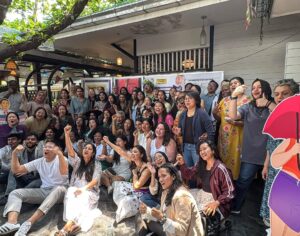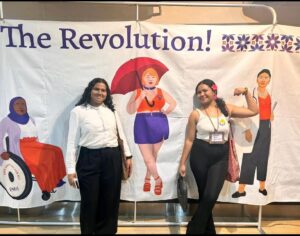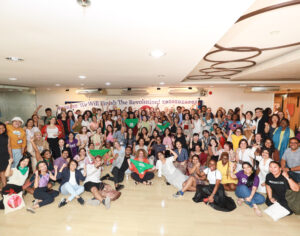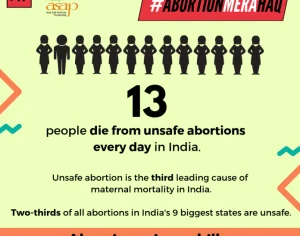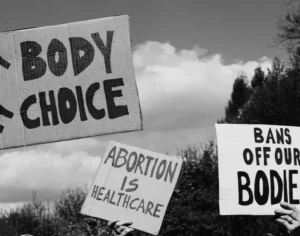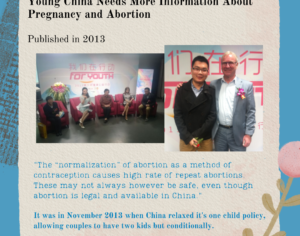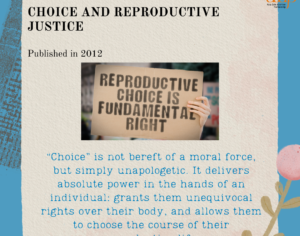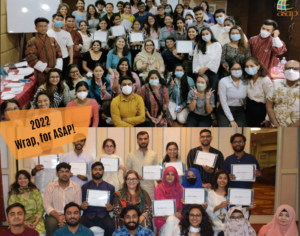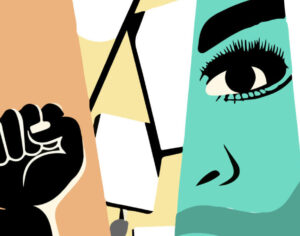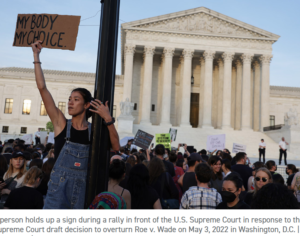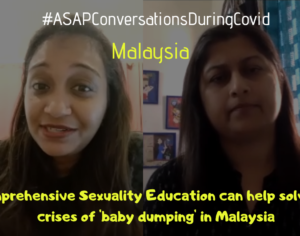ASAP at Katmandu: Abortion and Rape
The American debate on abortions is sometimes truly absurd: conservative politicians thought they could get away with redefining rape, as long as they claimed to have “scientific evidence” for it. This junk science on “legitimate rape” has been met with angry (Link: Eva Ensler’s open letter) as well as comical criticism (Song on Legitimate rape on Youtube), both of which aptly point out the irrationality of the politician’s premise.
But in Asia, this debate has taken on the grave face of Nevin Yildrim, a 26-year old woman in Turkey, who after being repeatedly raped and blackmailed with naked pictures, shot and beheaded her rapist. She then surrendered, and asked the government to kill her before she delivered the child she had conceived during the sexual assault.
Turkey, you may recall is already a battleground for abortion rights: the conservative leaders seek to ban abortion, which is currently available unconditionally up to 10 weeks of pregnancy, and for preserving the life of the woman up to 20 weeks.
Ms. Yildrim is 29 weeks pregnant, and in the eyes of the law of Turkey, a murderer. Though women’s rights activists have taken up her case, there is little chance that she will be allowed to terminate the pregnancy. The implications of giving birth to the child run very deep for a victim of rape. The child is a constant reminder of a serious violation of her body, her rights and her agency. An abortion can help her heal, and then choose when and how she wants to have children.
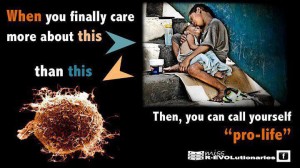 In an unforgiving, patriarchal society life is difficult for the child as well. As a journalist pointed out in the Guardian, “Yildirim’s baby needs to be treated as a free individual and raised with love and care in a healthy environment where he or she won’t be stigmatized. Yet Turkey is far from there. This is a male-dominated country where codes of honour run deep and it is always women who pay the price – women, and at times their innocent children.” This in essence is the pro-choice argument.
In an unforgiving, patriarchal society life is difficult for the child as well. As a journalist pointed out in the Guardian, “Yildirim’s baby needs to be treated as a free individual and raised with love and care in a healthy environment where he or she won’t be stigmatized. Yet Turkey is far from there. This is a male-dominated country where codes of honour run deep and it is always women who pay the price – women, and at times their innocent children.” This in essence is the pro-choice argument.
But anti-choice groups on the other hand twist this argument to absurd proportions. When they say “the baby should not suffer for the rape of its mother,” they do not mean that a child of rape, once born is entitled to a happy, judgment free life. They instead fight for the right of the unborn fetus to life, arguing that the abortion is only an act of resentment, and a failure of motherhood. Unfortunately, given the patriarchal ideas of essentialized motherhood, they find a lot of support. Recently we discovered that caregivers find this argument as confusing as do patients, policy makers and politicians.
In ASAP’s Midlevel Providers Exchange Study Tour Programme held in Kathmandu, we posed this question through an anonymous survey. Surprisingly, seven out of the eleven participants from Pakistan Bangladesh, India and Nepal, agreed with the anti-choice point of view. In a later session, headed by our Programme Assistant, Dr. Shilpa Shroff we discovered that traditional views on rape, and modern anti-choice propaganda were both to blame.
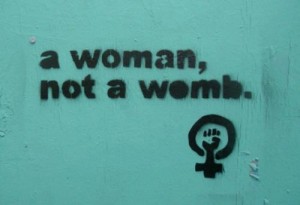 In patriarchal cultures such as those in the participating countries, it is assumed that every woman will eventually become a mother as the ideal culmination of her role in society. Therefore when a woman opts for an abortion following a sexual assault, her decision not to become a mother is questioned just about as much as the crime committed against her, if not more. As caregivers, our participants were incredibly sympathetic to the crime against the woman. Yet most of them viewed it as a “punishment” that had been meted out to her, and said that an abortion will be a means of extending this penalty to the fetus. It was interesting to note that most of them assume that the woman’s “natural maternal instinct” would overrule her resentment once the child was born.
In patriarchal cultures such as those in the participating countries, it is assumed that every woman will eventually become a mother as the ideal culmination of her role in society. Therefore when a woman opts for an abortion following a sexual assault, her decision not to become a mother is questioned just about as much as the crime committed against her, if not more. As caregivers, our participants were incredibly sympathetic to the crime against the woman. Yet most of them viewed it as a “punishment” that had been meted out to her, and said that an abortion will be a means of extending this penalty to the fetus. It was interesting to note that most of them assume that the woman’s “natural maternal instinct” would overrule her resentment once the child was born.
Compounding this reasoning was the traditional view that life began at conception. While this perspective was innate to Asian religions, American anti-choice propaganda had a huge bearing. Some participants seemed convinced that views originating in the western world had to be true. “I watched an American film, and it says life begins at conception,” was a popularly held notion.
Despite these personal opinions, all participants said they would provide the woman with safe abortion in their roles as health providers. In fact, if the question has been phrased differently, they might have supported the right of the woman to choose abortion. But the anti-choice wording caused them to wonder if the choice was fair to the unborn child. A post-workshop evaluation showed that five out of eleven participants still believed that rape was not a justified cause for abortion.
We realize that the road is long and hard in South Asia. Unfortunately in our male-dominated societies, women are inured to the gravity of sexual violence. Aggression is seen as a natural masculine trait. Rape is considered shameful for the victim not the rapist, and domestic violence is not widely recognized as a crime. Also, women’s identities are tied to the functioning of their womb. Yet it was heartening to notice that not one of our participants blamed the woman for the rape, and that all of them were able to rise above their personal bias to offer medical help.

